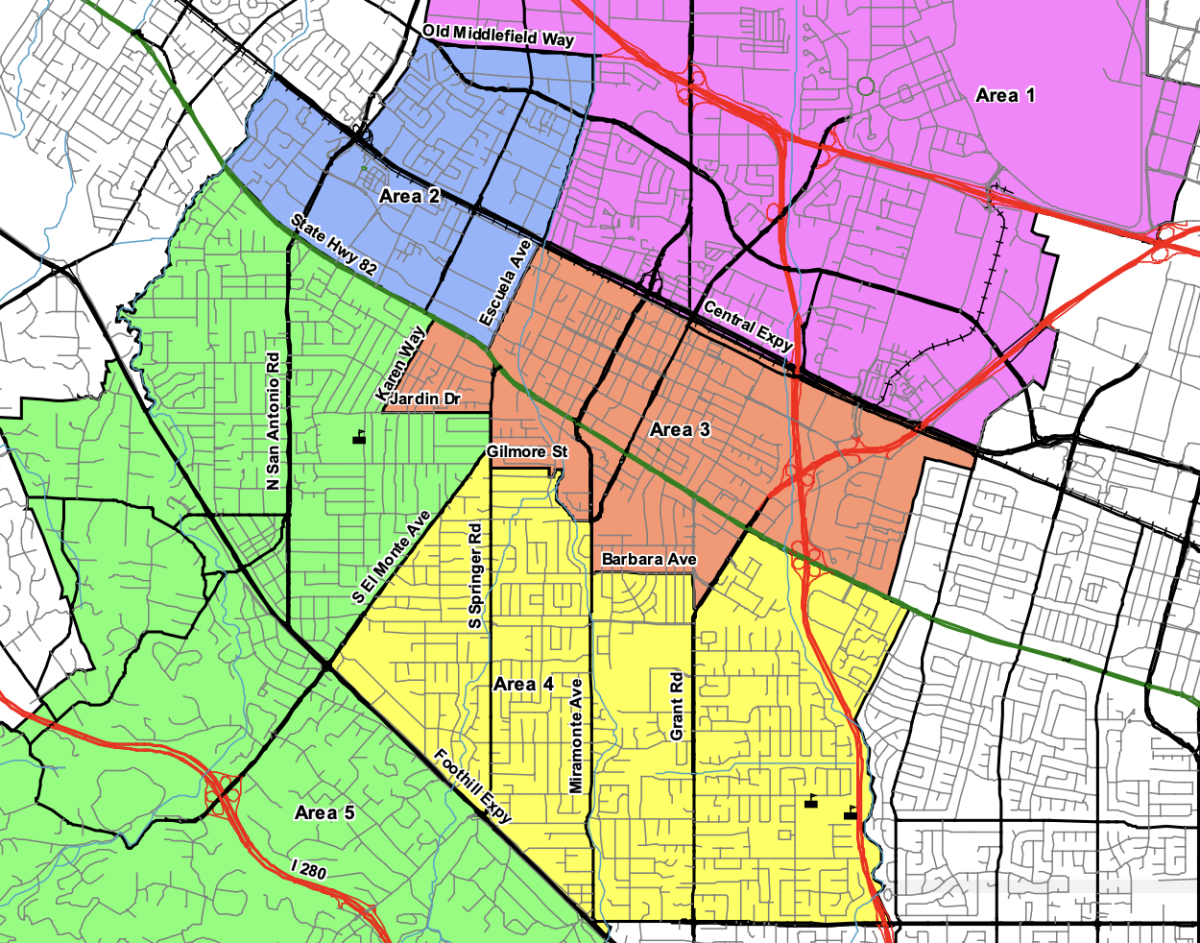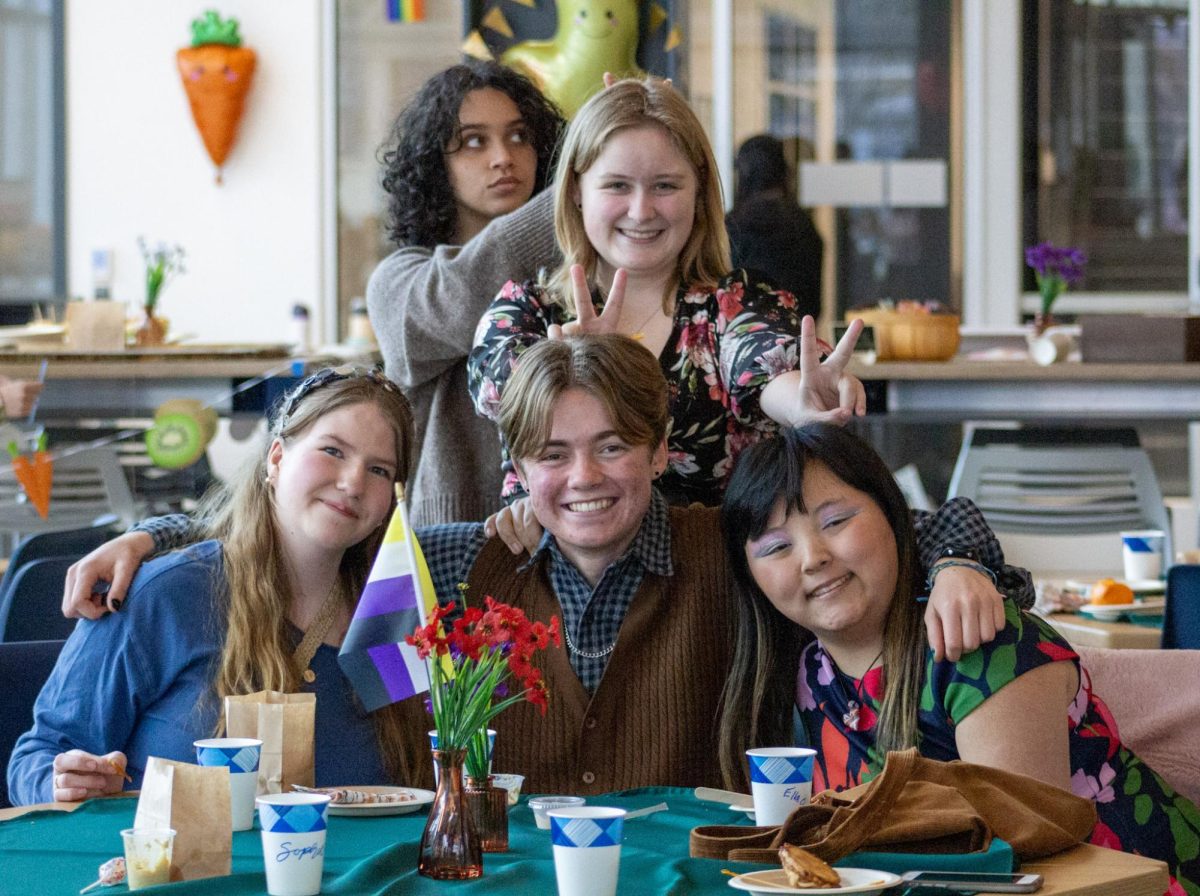A lot is expected of modern high school students. In addition to maintaining high grades and juggling various extracurricular activities, an increasing amount of emphasis is now placed on giving back to the community. Students are responding to this in various ways, some choosing to give back locally and others choosing to embark on voluntourism trips to foreign countries.
Unfortunately, when these high schoolers go abroad on humanitarian trips, the services they are expected to perform often take a back seat to experiencing the local culture. They come home with eye-opening experiences, but little to show for their efforts.
Senior Elise Jacobsen went on a humanitarian trip to Tanzania in the summer of 2013 through an outside organization called Global Leadership Adventures. Her job, along with a few other volunteers, was to teach English to a class of third graders at a school in Tanzania. Though the experience was exciting, the trip’s impact on Elise was dif- ferent than what she expected.
“Honestly I don’t think we were that great at teaching English,” Elise said. “I think the biggest [impact] was more [on] me personally, getting to help out and see and learn in this other country.”
The problem with voluntourism trips is that many of the times, the tasks that volunteers are assigned to perform are not consistent with their skills sets. Rather than flying abroad and helping with tasks that they are not suited for, it makes more sense for people to donate the money to a well-established humanitarian organization so they can ensure that they will be helping in an effective way.
For example, Doctors Without Borders is an international humanitarian group dedicated to providing emergency aid. In the event of a natural disaster or crisis, they provide assistance to struggling developing communities whose own health care system may not be sufficient enough to respond to the needs of the population.
Money donated to Doctors Without Borders goes towards allowing the organization to treat a greater number of patients, providing assistance to victims of armed conflict and continuing research to help fight deadly epidemics.
Additionally, the organization alerts potential donors when money is no longer needed for a particular project. The Doctors Without Borders response to the Ebola outbreak in Western Africa is now fully funded, and donors are no longer able to contribute to this particular initiative. By alerting donors to the status of their different projects, the organization allows donors to contribute to projects where help is truly needed so they can make the most of their money.
While volunteers’ intentions may be good, most do not have the skills, time or even resources to make the kind of impact that is necessary.
For example, Theresa Higgs is a director of the organization United Planet, a prominent service organization that sends volunteers on humanitarian trips abroad. In an interview with National Public Radio, she expressed concern over how much voluntourism trips actually end up helping the intended targets.
“What I think often gets lost is the host communities,” Higgs said. “Are they gaining? Are they winning? Are they true partners in this? Or are they simply a means to an end to a student’s learning objective, to someone’s desire to have fun on vacation and learn something?” she asks.
While donating money may not provide volunteers with the opportunity to interact with a new community, it is a safe and effective option for those who want to make sure that are making a real difference and using their resources in a practical way.
Immersing oneself in a culture is an exciting and important experience for youth to have in order to develop their worldview, but voluntourism may not be the way to do this. Visiting another country and interacting with the locals without volunteering provides an opportunity to broaden one’s perspective, without all the potentially negative impacts of voluntourism.








